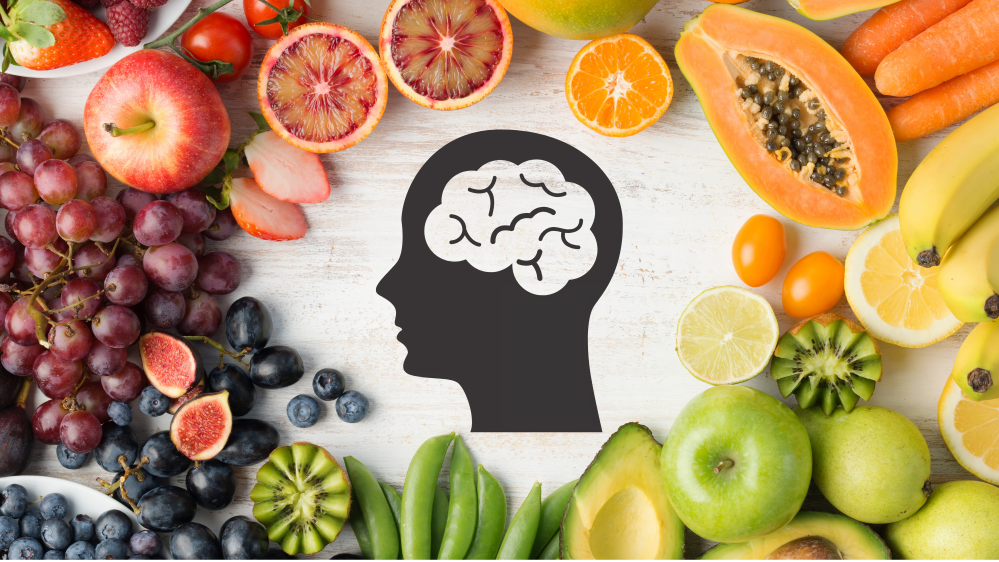Fueling Your Mind: The Role of Diet in Mental Health
2023-09-24

Welcome to the Revamp Hospital's blog! we'll explore an essential aspect of mental health that often goes overlooked: the role of diet. Just as our bodies require proper nutrition for physical health, our minds also benefit from a well-balanced diet. Let's delve into the connection between what we eat and our mental well-being.
The Gut-Brain Connection:
At Revamp Hospital, we understand that the gut and the brain are intimately connected. The gut is often referred to as our "second brain" due to the extensive network of neurons it contains. This communication pathway, known as the gut-brain axis, plays a vital role in regulating mood, emotions, and even cognitive functions.
Nutrients for Mental Health:
1. Omega-3 Fatty Acids: Found in fatty fish like salmon, flaxseeds, and walnuts, omega-3 fatty acids are crucial for brain health. They support the structure of brain cells and help regulate neurotransmitters, which are essential for mood stability.
2. Antioxidants: Colorful fruits and vegetables, such as berries, kale, and spinach, are rich in antioxidants. These compounds help protect brain cells from oxidative stress and inflammation, both of which can contribute to mental health disorders.
3. Probiotics and Fermented Foods: Foods like yogurt, kefir, and kimchi contain beneficial bacteria that promote a healthy gut microbiome. This, in turn, positively impacts mood and cognitive function.
4. Complex Carbohydrates: Whole grains like brown rice, quinoa, and whole wheat bread provide a steady supply of glucose to the brain. This stabilizes blood sugar levels and supports optimal brain function.
5. B Vitamins: Leafy greens, legumes, and lean meats are excellent sources of B vitamins, including folate, B6, and B12. These vitamins play a crucial role in neurotransmitter synthesis and help regulate mood.
The Impact of Sugar and Processed Foods:
On the flip side, a diet high in sugary and processed foods can have detrimental effects on mental health. Excessive sugar consumption can lead to blood sugar spikes and crashes, which can exacerbate mood swings, anxiety, and irritability.
Moreover, processed foods often lack essential nutrients and may contain additives that can negatively affect the gut microbiome. This imbalance in gut bacteria has been linked to various mental health disorders.
Practical Tips for a Brain-Boosting Diet:
1. Prioritize Whole, Unprocessed Foods: Fill your plate with a variety of fruits, vegetables, whole grains, lean proteins, and healthy fats.
2. Limit Sugar and Processed Foods: Minimize your intake of sugary snacks, sodas, and heavily processed meals.
3. Stay Hydrated: Proper hydration is essential for optimal brain function. Aim to drink plenty of water throughout the day.
4. Moderate Caffeine and Alcohol: While small amounts of caffeine can have cognitive benefits, excessive consumption can lead to anxiety and disrupted sleep. Similarly, alcohol should be consumed in moderation, as excessive intake can negatively impact mental health.
Conclusion:
At Revamp Hospital, we believe that a holistic approach to mental health includes addressing dietary habits. By understanding the profound impact of nutrition on our mental well-being, we can take proactive steps towards a healthier mind. Remember, small changes in your diet can lead to significant improvements in your mental health over time. Start today for a brighter, more balanced tomorrow.
Post a Comment